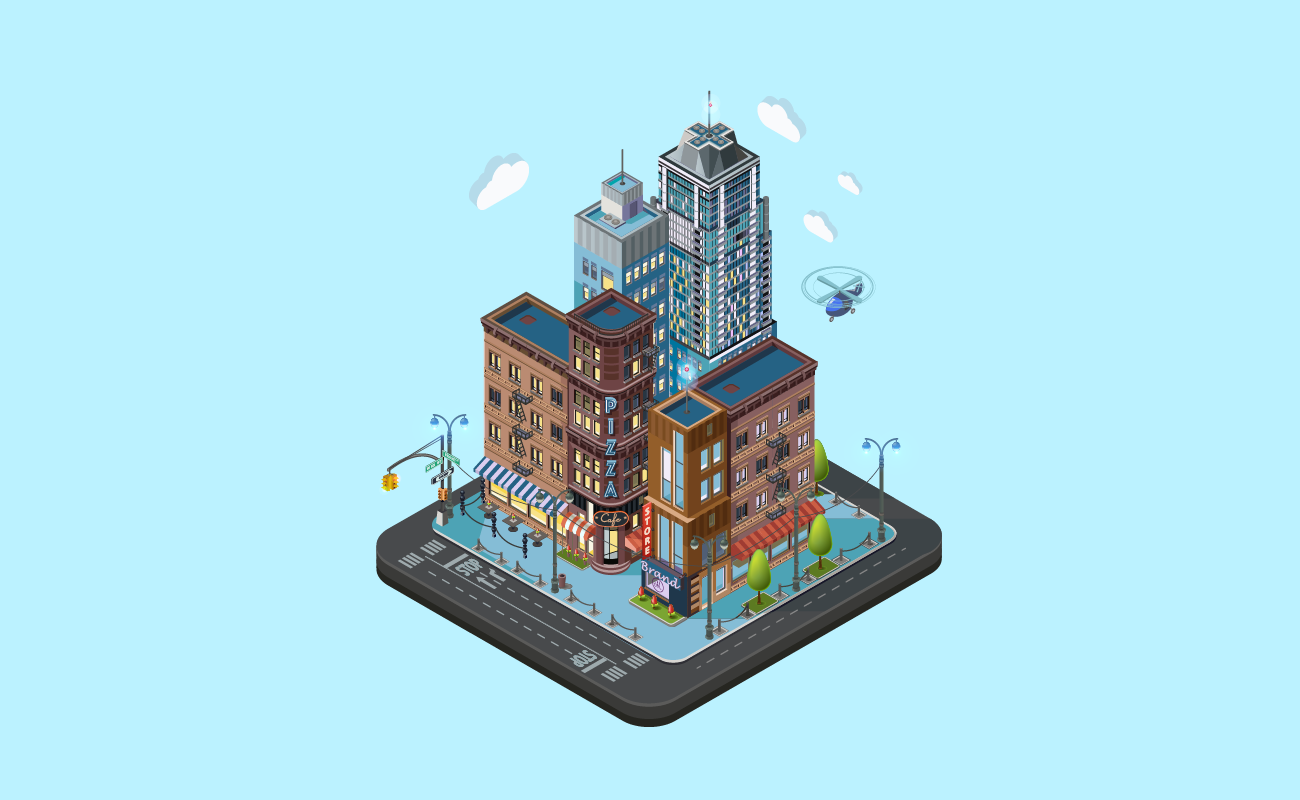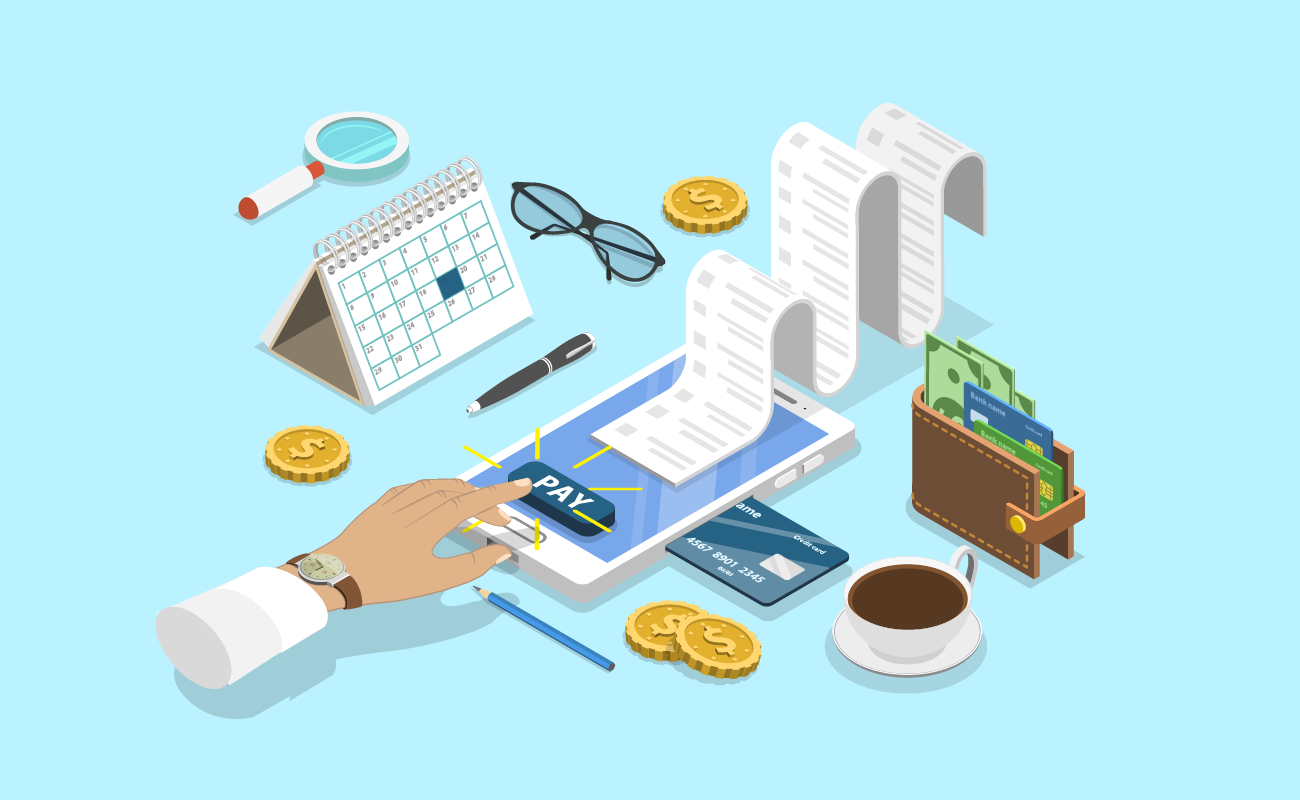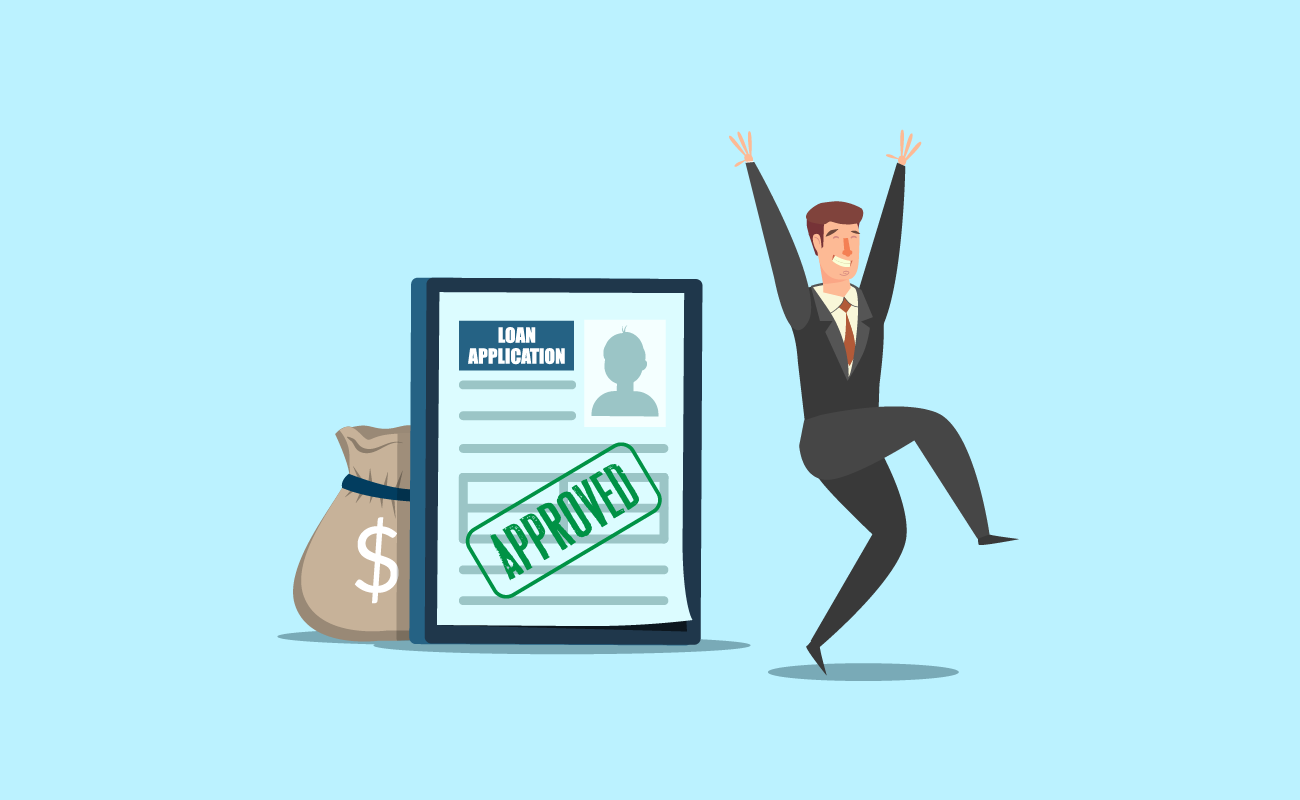
This tool figures payments on a commercial property, offering payment amounts for P & I, Interest-Only and Balloon repayments — along with providing a monthly amortization schedule. This calculator automatically figures the balloon payment based on the entered loan amortization period. If you instead want to calculate for a known ending balloon payment, please use our balloon loan calculator.
| Commercial Mortgage Loan Providers | Rates |
|---|---|
| Freddie Mac Optigo | 6.39% – 8.01% |
| Fannie Mae | 6.49% – 7.81% |
| HUD 223(f) | 6.25% – 7.30% |
| CMBS | 6.46% – 7.95% |
| Regional Banks/Credit Unions | 6.95% – 10.50% |
| Life Insurance Companies | 6.21% – 7.11% |
| Debt Funds | 9.07% – 15.32% |
| HUD 221(d)(4) | 6.85% – 7.90% |
Note: The range of commercial mortgage rates should be considered typical. However, there are outliers on the high and low end of the range. Thus, these figures do not guarantee actual rates on a specific commercial mortgage deal. To see which options you qualify for & get the best deal you can we recommend contacting a commercial mortgage broker who can help you see what you qualify for.

Running a new or old business? Coming up with strategic plans to achieve your goals is a must. But besides all the careful planning, you need enough working capital to jumpstart your operations. This is important whether you’re a establishing a new company or getting ready for expansion.
As your business grows, it’s crucial to find the appropriate commercial property that can accommodate your needs. This is where securing commercial mortgage can help. It saves money on rising rental expenses and reduces your overall cost structure. In the long run, this provides financial leeway for your business, especially during unfavorable economic periods.
In this guide, we’ll detail how commercial real estate loans work and how to qualify for this type of mortgage. You’ll learn about commercial loan terms, its payment structure, and rates. We’ll also discuss various sources of commercial real estate loans, as well as different options available in the market.

What is a Commercial Mortgage?
A loan secured by business property is called a commercial mortgage. It is used to purchase commercial property, develop land, or a building. This type of mortgage is also used to renovate offices and refinance existing commercial loans. Examples of property that use commercial mortgages include apartment complexes, restaurants, office buildings, industrial facilities, and shopping centers.
Commercial mortgages are commonly offered by banks and credit unions. They are also provided by insurance companies and independent investors. As for government-backed commercial loans, you may obtain Small Business Administration (SBA) loans to finance a business venture.
Commercial real estate financing is similar to traditional home loans. Lenders provide borrowers with money which is secured to your property. But instead of acquiring a primary residence or vacation home, commercial loans are designed to help you own business property. Commercial loan funds are also used as capital to start a business or expand its operations.
In summary, companies use commercial mortgages to accomplish the following goals:
Commercial loans take a smaller fraction of the real estate market. Despite this fact, they remain significant financing tools for economic development. Commercial mortgages help companies acquire business property, improve its service, and implement expansion. In contrast, residential mortgages receive further government backing, making them more liquid than commercial loans. Meanwhile, commercial properties remain essential income-producing assets for economic growth.

Personal Guarantee on Commercial Loans
Business owners must personally guarantee a commercial mortgage if they don’t have enough credit to secure financing. Credit requirements are based on the risk assessment conducted by a lender.
Once you sign a personal guarantee, you tie your private assets to a commercial loan. And because it is an unsecured contract, a lender can take any of your assets as debt repayment. This allows them to seek monetary compensation in case you default on your loan. It’s a risky move, especially if you’re operating on thin margins. As a rule, try to secure enough credit before taking a commercial loan.

Commercial mortgages come in short terms of 3, 5, and 10 years. Others stretch as long as 25 years. But in general, commercial mortgage terms are not as long as most residential loans, which is usually 30 years.
When it comes to the payment structure, expect commercial loans to vary from the traditional amortizing schedule. A lender asks a borrower to pay the full loan after several years with a lump sum payment. This is called a balloon payment, where you pay the total remaining balance by the end of the agreed term.
For instance, a commercial loan has a balloon payment due in 10 years. The payment is based on a traditional amortization schedule such as a 30-year loan. Basically, you pay the first 10 years of principal and interest payments based on the full amortization table. Once the term ends, you make the balloon payment, which pays off the remaining balance in the mortgage.
Furthermore, you have the option make interest-only payments in a commercial loan. This means you do not have to worry about making principal payments for the entire term. Likewise, once the loan term is through, you must settle any remaining balance with a balloon payment.
In some cases, commercial lenders offer fully amortized loans as long as 20 or 25 years. This is how certain Small Business Administration loans are structured. And depending on the commercial loan and lender, some large commercial mortgages may be given a term of 40 years.
To understand how commercial payments work, let’s review this example. Let’s presume your commercial real estate loan is $2.5 million with 9 percent APR, with a loan term of 10 years. Let’s use the calculator on top of this page to estimate your monthly payment, interest-only payment, and total balloon payment.
| Payment Type | Amount |
|---|---|
| Principal and Interest payment | $20,155.80 per month |
| Interest-only payment | $18,787.00 per month |
| Balloon payment | $2,240,215.07 |
According to the results, your monthly commercial mortgage payment will be $20,155.80 for 10 years. If you choose to make interest-only payments, it will only be $18,787.00 per month. Once the 10 years is up, you must make a balloon payment of $2,240,215.07 to pay off your remaining balance.

What If You Can’t Make the Balloon Payment?
Sometimes, you might not be able to make a balloon payment on your commercial mortgage. If you’re worried about lack of funds, refinance before the end of the term. Start asking about refinancing at least a year before the term ends. This will save you from foreclosure and losing your lender’s trust. If you default on your loan, it spells bad news for your credit history, making it difficult to get approved for future commercial loans.
Commercial refinancing is basically taking out a new mortgage. It will help you restructure your payment into an amount you can afford. It also allows you to lower your interest rate and take a workable payment term. To refinance, you must also meet lender qualifications. Lenders conduct background checks on your personal and business credit history. They will also ask how long you’ve had the property.

Commercial loan rates are often slightly higher than residential mortgages. It is usually around 0.25 percent to 0.75 percent higher. If the property needs more active management such as a motel, the rate can increase. Depending on the establishment and type of financing, commercial mortgage rates typically range between 1.176 percent up to 12 percent.
Commercial real estate loans are fairly considered illiquid assets. Unlike residential mortgages, there are no organized secondary markets for commercial loans. This makes them much harder to sell. Thus, higher rates are assigned for purchasing commercial property.
Lenders tie their commercial loans to several different types of indexes. An index is an indicator or statistical measure of change in market securities. Some of the most popular indexes used for commercial mortgages and adjustable rate loans are the prime rate and LIBOR. Commercial loans rates are also determined by U.S. Treasury Bonds and swap spreads.
This is the average of the prime rates offered by banks to other banks. The prime rate is also offered to the most creditworthy borrowers. Lenders adjust prime rates depending on market conditions. If your commercial loan is indexed to a prime rate, it generally means the rate is based on your lender’s individual prime rate.
LIBOR stands for the London Inter-Bank Offered Rate. It is one of the most widely used benchmarks for indexing interest rates all over the world. LIBOR is the rate used by London banks to lend funds to one another. It is also the rate used by banks that lend in the inter-bank market for short-term loans. LIBOR is based on estimates submitted by leading global banks. The calculation is headed by the ICE Benchmark Administration, which estimates 35 LIBOR rates for various financing products daily.
Bonds are an important component of the commercial mortgage market. They establish the limit on how much lenders and banks can charge for real estate loans. In particular, the 10-year Treasury note is a type of bond that impacts mortgage rates. It’s auctioned and backed by the U.S. Government, which means it’s more secured compared to high-risk corporate bonds. Moreover, the 10-year Treasury bond is one of the benchmarks for commercial mortgages and residential loans. How the real estate market performs is dependent on 10-Year Treasury yields, which sets the standard for loan prices.
A common type of spread used in commercial real estate loans are swap spreads. A swap spread shows the difference between the swap rate (fixed interest rate) and the corresponding government bond yield (sovereign debt yield) of similar maturity. For the U.S., the sovereign debt yield would be the U.S. Treasury security. Swap spreads measure the likelihood of how interest rates will rise.
The tables below show commercial mortgages indices with corresponding yield and swap rates (July 27, 2020):
U.S. Treasury Bonds
| Tenor | Yield | Swap |
|---|---|---|
| Y1 | 0.16% | 0.55% |
| Y3 | 0.17% | 0.24% |
| Y5 | 0.28% | 0.33% |
| Y7 | 0.45% | 0.44% |
| Y10 | 0.63% | 0.62% |
LIBOR
| Tenor | Yield | Swap |
|---|---|---|
| M1 | 0.16% | n/a |
| M3 | 0.26% | n/a |
| M6 | 0.33% | n/a |
| Y1 | 0.47% | 0.60% |
Prime
| Tenor | Yield | Swap |
|---|---|---|
| n/a | 3.25% | n/a |
SOFR – Secured Overnight Financing Rate
| Tenor | Yield | Swap |
|---|---|---|
| n/a | 0.12% | n/a |
The next table indicates commercial mortgage rates from different lending sources in 2020 & 2022:
| Commercial Mortgage Loan Providers | 2020 Rates | 2020 Midpoint | 2022 Rates | 2022 Midpoint | Midpoint % Change |
|---|---|---|---|---|---|
| Freddie Mac Optigo | 3.20% – 4.82% | 4.01% | 4.59% – 6.51% | 5.55% | 38.40% |
| Fannie Mae | 3.25% – 4.26% | 3.76% | 4.55% – 6.08% | 5.32% | 41.54% |
| HUD 223(f) | 2.35% – 2.75% | 2.55% | 4.10% – 5.00% | 4.55% | 78.43% |
| CMBS | 2.81% – 4.58% | 3.70% | 4.49% – 6.60% | 5.55% | 50.07% |
| Regional Banks/Credit Unions | 3.11% – 5.25% | 4.18% | 4.75% – 7.50% | 6.13% | 46.53% |
| Life Insurance Companies | 3.00% – 5.00% | 4.00% | 4.00% – 5.54% | 4.77% | 19.25% |
| Debt Funds | 4.42% – 10.07% | 7.25% | 6.12% – 12.37% | 9.25% | 27.61% |
| HUD 221(d)(4) | 3.15% – 3.40% | 3.28% | 4.70% – 5.60% | 5.15% | 57.25% |
Note: The range of commercial mortgage rates should be considered typical. However, there are outliers on the high and low end of the range. Thus, these figures do not guarantee actual rates on a specific commercial mortgage deal. The above chart shows data from the middle of 2020 and early August 2022 so you can see how changing credit conditions can impact various options.

There are many sources of commercial financing in the market. Commercial loans are offered by banks, credit unions, insurance companies, and government-backed lenders. Private investors also lend commercial mortgages but at much higher rates.
The right kind of commercial loan for your business depends on the loan features you need. You must also factor in your business strategy, the type of commercial property, and your credit availability.
Below are several common types of commercial loans and where you can obtain them:
Business loans provided by FDIC-backed enterprises such as banks and credit unions are called conventional commercial mortgages. These are used for owner-occupied premises and investment properties. Conventional commercial loans are the kind that require a personal guarantee. During the underwriting process, they also need to check your global cash flow and your personal and business income tax returns.
A commercial mortgage is referred to as a “permanent loan” when you secure your first mortgage on a commercial property. Personal loans are typically amortized for 25 years. But for buildings with significant wear and tear, or properties over 30 years old, they may only grant a commercial loan for 20 years.
Permanent loans are known for their low rates compared to other types of commercial financing. The rates are low because they typically guarantee property that’s already developed and almost fully rented.

Owner-occupied Business vs. Investment Property
For developing an owner-occupied business, you are required to use 51 percent of the property. If you cannot meet this requirement, you should secure an investment property loan. Investment property loans are more appropriate for business owners who want to purchase property and lease them for extra profits. You can also use this to flip and sell old houses.
A conduit loan, also called a commercial mortgage backed security (CMBS) loan, is a kind of commercial real estate loan backed by a first-position mortgage. Conduit loans are pooled together with a diverse set of other mortgages. Then, they are placed into a Real Estate Mortgage Investment Conduit (REMIC) trust and sold to investors. Each sold loan carries a risk equivalent to its rate of return. This type of loan is also used for properties such as retail buildings, shopping malls, warehouses, offices, and hotels.
Conduit loans can provide liquidity to real estate investors and commercial lenders. They are package by conduit lenders, commercial banks, and investment banks. These loans usually come with a fixed interest rate and a balloon payment by the end of the term. Some lenders also allow interest-only payments. Conduit loans are amortized with 5, 7, and 10-year terms, as well as 25 and 30-year terms.
The Small Business Administration (SBA) offers guaranteed commercial loans to qualified applicants. The SBA is a federal agency dedicated to aid businesses in securing loans. They help reduce default risk for lenders and make it easy for business owners to access capital. The SBA does not lend directly to borrowers, but offer financing through partner lenders, micro-lending institutions, and community development organizations.
There are two common types of SBA loans, the SBA 7(a) loan and the SBA 504 loan.
SBA 7(a) financing is used for developing owner-occupied business property. If you’re looking to build a new commercial establishment or renovate an old office, this can work for you. Likewise, a business is eligible for an SBA 7(a) loan if they occupy more than 50 percent of the property. An SBA 7(a) loan may guarantee up to 85 percent of the loan amount if the mortgage is $150,000. If you need a higher loan amount, the SBA can guarantee up to 75 percent.
This loan can be taken as fixed-rate mortgage, a variable-rate mortgage, or as a combination of the tow. SBA 7(a) loans fully amortize and typically paid up to 25 years. Moreover, the maximum rate for this type of financing is dependent on the current prime rate.
Qualified borrowers can secure up to $5 million from an SBA-backed lender. SBA 7(a) loans are available in fully amortized loans of up to 20 or 25 years.
Business owners can use SBA 7(a) loans to:
Another popular SBA commercial mortgage is the SBA 504 loan. It’s geared toward borrowers who utilize over 50 percent of their existing commercial property. This type of mortgage is structured with 2 loans: One part of the loan must be financed with a Certified Development Company (CDC) which accounts for 40 percent of the loan amount. The other part should be financed by a bank that will provide 50 percent of the loan amount.
With an SBA 504 loan, you can obtain up to f $5.5 million from your CDC lender. On the other hand, you can secure up to $5 million from the bank lender. You can use this type of loan to secure larger financing compared to an SBA 7(a) program. SBA 504 loans come with a fully amortized payment structure with a term of up to 20 years.
Borrowers can make use of SBA 504 loans to fund the following business goals:
Borrowers who are unable to secure commercial loans usually have a history of foreclosure or a short sale on a loan. When this happens, they can turn to private investors for hard money loans.
Hard money loans are granted by private lenders as long as you have sufficient equity signed as a collateral for the loan. This type of financing comes in short terms, such as 12 months up to 2 years. If you’re looking for short-term financing to move your business or reconstruct your establishment, you can take advantage of this type of loan.
However, take caution. Private investors can be critical when it comes to repayment. They may also perform background checks on your credit. They base loan approval on property value without heavy reference to creditworthiness. Furthermore, hard money loans usually demand a higher interest rate of 10 percent or more compared to traditional commercial mortgages.

Hard Money Loan Risks
If your lender notices you’re not producing the agreed income, they might cut your financing. Some private lenders may even seize assets signed as collateral till they see proof of return of investment. Keep these risks in mind before you sign up for a hard money loan. If you really must take it, make sure you have enough funds to cover all your bases.
Bridge loans are similar to hard money loans though they can last up to 3 years and the interest rate tends to be slightly lower - in the 6% to 10% range. Both bridge and hard money loans are typically interest-only loans.

Commercial loan approval depends on your creditworthiness as a business owner. When a lender grants a loan, they trust that your company will produce enough profits to pay back the mortgage. That said, a commercial lender can only approve your loan after carefully reviewing your financial status.

Main Qualifications for Commercial Lending
Lenders refer to three main types of requirements before approving a commercial mortgage. These qualifications include your business finances, personal finances, and the property’s characteristics. They also check your personal and business credit score. Commercial lenders review your accounting books to verify if you have enough cash flow to repay the mortgage.
Apart from your finances, commercial underwriters also evaluate your company profile and your business associates. They will even assess your business plan and check the company’s projected earnings based on your goals. Due to this strict underwriting process, many new companies have a hard time getting their loan approved.
Make sure to meet the following requirements when you apply for a commercial loan:
Lenders assess your business credit score to gauge the appropriate interest rate, payment term, and down payment required for your loan. A higher credit score gives you greater chances of securing a commercial loan approval.
When it comes to your personal credit score, get ready with a high credit rating. Most commercial lenders prefer borrowers with a FICO score not lower than 680. But to increase your chances of securing a commercial loan, aim for a score of 700.
Make sure you’ve saved up a large down payment. Commercial lenders typically require 20 to 30 percent down payment to secure a loan. Other lenders may even request for a 50 percent down payment.
Lenders prefer businesses that have been running for at least 2 years. This is possible if you have an excellent credit history, both for your business and personal finances. But in many cases, you have higher chances of getting approved if your business is older.
A small business is required to occupy 51 percent of the property or more than half of the premises. If you are unable to meet this criteria, you cannot qualify for a commercial mortgage. You should consider applying for an investment property loan instead.

Investment Property Loans
Investment property loans are appropriate for rental properties. Borrowers use them to buy commercial property and rent them out for extra profit. Investment property loans are also used by house flippers who renovate and sell houses in the market.

Commercial lenders evaluate three major ratios before approving a mortgage. This helps them further assess the risk profile of your loan. The three types of ratios are as follows:
LTV ratio is the percentage between the loan value and the market value of the commercial property securing the loan. A mortgage is considered a high-risk loan if the LTV ratio is high. Lenders typically accept 60 to 80 percent LTV for commercial loan borrowers. If you have a high risk loan, your lender usually assigns a higher interest rate.
The accepted LTV ratio depends on the type of property. For instance, 65 percent LTV is approved for land development. On the other hand, up to 80 percent LTV is usually approved for construction loans and multi-dwelling units. In some cases, lenders offer non-conforming commercial loans for borrowers who need a larger mortgage. Non-conforming commercial loans can provide 90 percent financing to qualified borrowers.
To calculate LTV, use the equation below:
LTV = Loan amount / Appraised value of asset
Let’s suppose you have a property worth $850,000 with commercial loan amount of $595,000. Your LTV ratio will be 70 percent.
= 595,000 / 850,000
= 0.7
= 70%
DSCR estimates your company’s available cash flow. This is essentially the money that pays for your company’s current debt obligations. DSCR is calculated by dividing the annual total debt service with your annual net operating income (NOI). The total annual debt service is the amount borrowers use to pay the principal and interest of a commercial mortgage.

Preferred DSCR for Commercial Loans
A good DSCR range for companies is between 1.15-1.35. Most commercial lenders require a DSCR of 1.25 for approval.
The debt ratio is evaluated to make sure commercial loan borrowers are not weighed down with personal debt. To estimate debt ratio, divide your personal monthly debt by your monthly income.
In instances where the commercial property is not enough to service the loan, lenders use a global cash flow analysis. Global cash flow analysis is calculated by adding the profits generated by the property and the borrower’s income. By assessing this indicator, a lender can come up with an appropriate coverage for the commercial loan.
Is debt-to-income (DTI) ratio evaluated? Commercial lenders rarely check DTI ratio because they are more focused on the business property’s income and costs.
Processing paperwork for a commercial mortgage application is often a slow and taxing process. Lenders require many legal documents that contain extensive financial information.
Get ready with the following documents when you apply for a commercial mortgage:

How Long Does the Processing Take?
It typically takes around 93 days or 3 months from application to closing. This is the median time for most commercial loan applications. For construction loans, the processing time can even take up to 6 months. And compared to residential mortgages, commercial loans take a lot longer to close.
Besides gathering a significant down payment, you should prepare your finances for other expenses associated with closing a loan. Refer to the following commercial loan fees below:

Underwriting Fees
Commercial lenders pay a fee for the time their staff dedicate to underwriting and processing a loan request. This typically costs around $500 to $2,500. That fee must be stated in the term sheet and is usually paid upfront or via deposit once the loan term is implemented.
Lender's Origination Points
Most banks and credit unions charge 0.25 to 0.5 of the loan amount for origination fees. For independent lenders, it can be 2 percent or higher because of the higher risk involved.
Appraisal Fees
Expect appraisal cost to be anywhere between $1,000 to $10,000. Large-scale commercial projects can even cost between $10,000 to $25,000 for appraisal.
Third-party appraisal is commonly done to analyze and estimate the value of the commercial property. Though it's not strictly imposed, appraisal is commonly practiced by many private lenders. Third-party appraisal is especially required for federally-backed commercial real estate exceeding a value of $500,000.
Title Insurance Policy
Title search and insurance costs around $2,500 to $15,000. This protects the lender from financial losses in case there are claims against the property's title.
Property Inspections
Inspections evaluate the actual condition of your property. The cost is determined by the size of your prperty, which is around $0.03 to $0.10 per square feet.
Environmental Report
Inspecting a land or building for environmental issues is a required step in securing commercial financing. A Phase 1 environmental report typically costs around $2,000 to $6,000.
Broker's Fee
You only need to worry about this cost if you use a broker or third-party platform. For commercial loans $5,000,000 and below, the hovering broker fee is around 1 percent to 1.5 percent of the loan amount. Brokers can add a lot of value to the process by getting you the best rate and keeping things running smoothly so you are not surprised by a lender which backs out.

There are many similarities between residential mortgage requirements and commercial real estate loans. Both need satisfactory credit scores, credit background checks, and the right down payment amount to secure financing. However, there are many differences between these two loans.
First, commercial mortgages require a stricter underwriting process. It also takes a lot longer compared to the average residential loan. Next, commercial mortgages entail higher costs compared to residential loans. They also usually have a higher interest rate compared to housing loans.
To detail the differences between commercial loans and residential mortgages, we came up with the table below:
| Loan Details | Commercial Mortgage | Residential Mortgage |
|---|---|---|
| Borrower | Business entity | Individual borrower |
| Government sponsorship | SBA and USDA loans are backed by the government *Other banks, credit unions, insurance companies, and private lenders do not offer government-backed loans | Conventional loans are backed by Freddie Mac and Fannie May FHA, USDA, and VA are government-backed loans |
| Payment terms | 3 to 7 years for short-term commercial mortgages Can be 10-25 years for extended loans | 15 or 30 years are common Also in 10 and 20 year terms Fixed-rate loans are common but adjustable rate options are available |
| Interest rates and credit score | Creditworthiness is based on: income, personal credit history, business financial statements, company profile, collateral, business plan, projected earnings, etc. Required personal FICO score: 680, but 700 is preferred Business credit score: FICO SBSS – 140 PAYDEX – 80 and up Experian – 80 and up Government-backed loans: SBA 504 loans: 2.231%-3.546% APR SBA 7(a) loans: 5.50%-11.25% (July 21, 2020) | Rates depend on borrowers’creditworthiness Ex. 30-year fixed mortgage FICO score 760-850: 2.727% APR FICO score 700-759: 2.949% APR FICO score 680-699: 3.126% APR FICO score 660-679: 3.340% APR FICO score 640-659: 3.770% APR FICO score 620-639: 4.316% APR (July 27, 2020) |
| Loan-to-value ratio | Between 60%-80% LTV LTV is specified by the lender Depends on the type of commercial property | Conventional: 95% LTV FHA: 96.5% LTV USDA: 100% LTV VA: 100% LTV |
| Down payment | Typically between 20%-30% May sometimes be 50% Some lenders may allow 10% | Conventional: average of 10% FHA: minimum of 3.5% USDA: no down payment required VA: no down payment required |
| Closing time | Most take up to 3 months Construction loans can take 6 months Longer to close than residential loans | Conventional: 30-45 bus. days FHA: 10-60 business days USDA: 30-45 business days VA loans: 40-50 business days |

Looking for a favorable commercial mortgage deal can get overwhelming. But by doing enough research, you can find a loan option that works for you. Here are several tips you should take note of before obtaining a commercial loan:
Commercial real estate loans are essential financing tools that aid business growth. Small and large businesses can qualify for commercial financing to jump-start their company or upgrade their operations. They can use it as capital to renovate commercial property and even purchase business equipment.
But unlike residential mortgages, commercial loans require a large down payment, which is at least 20 percent of the commercial property’s value. Other lenders may require up to 50 percent down payment. They also impose more stringent credit background checks on your business and personal finances. For these reasons, a commercial mortgage takes longer to process than residential loans.
Despite the long process, securing a commercial loan is vital for many businesses. It help companies acquire commercial property to avoid paying rent. In the long-term, if you own your business property, you can avoid rising rental expenses and lower your cost structure. This gives you financial cushion during harsh economic downturns that negatively impact your profits.